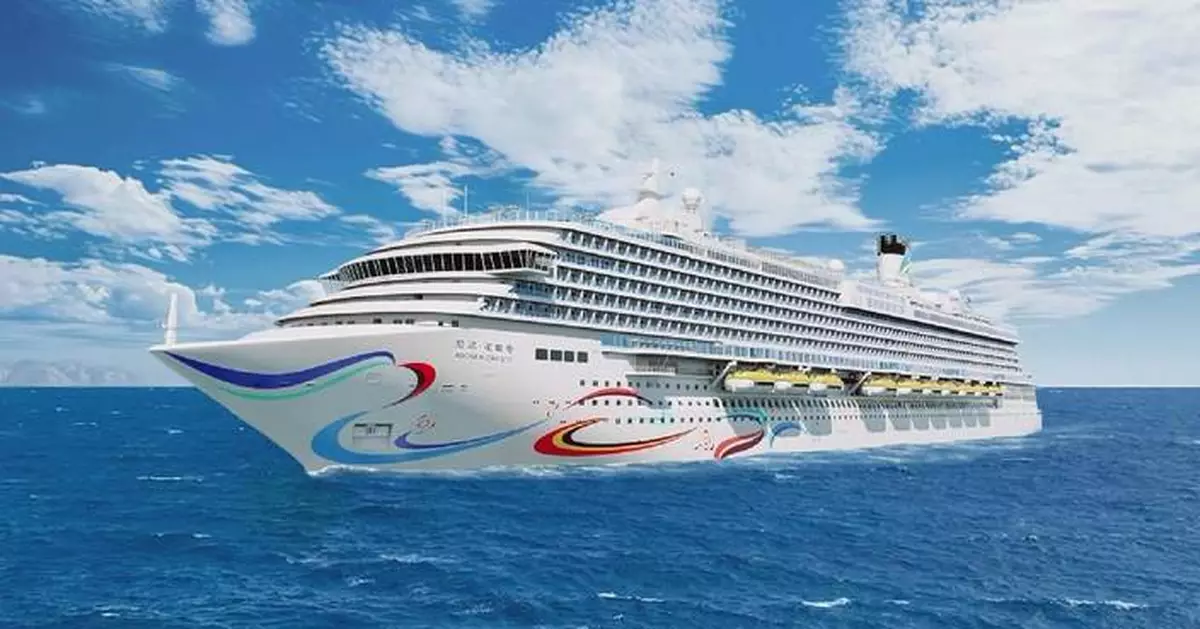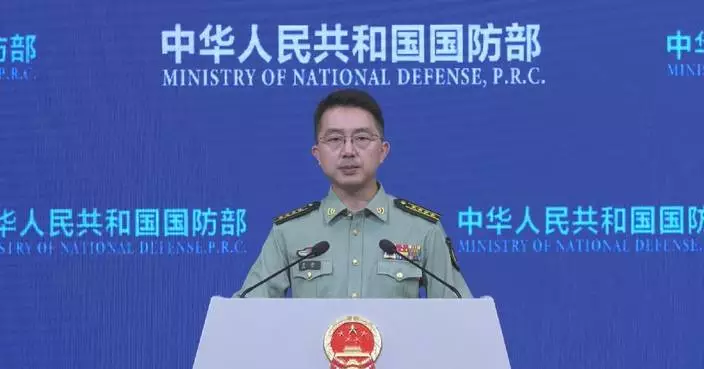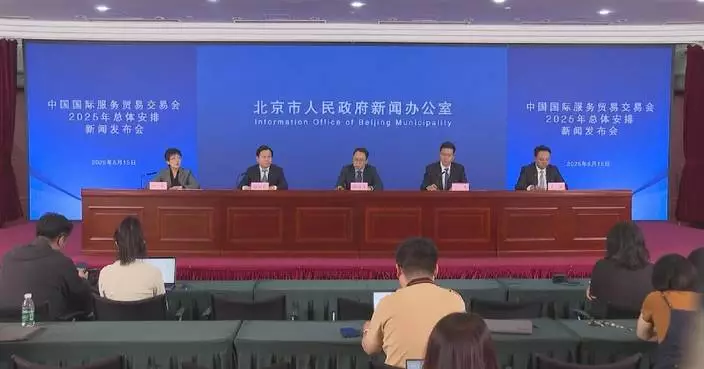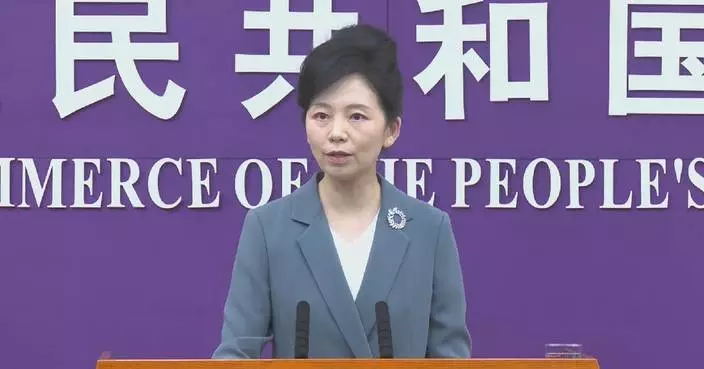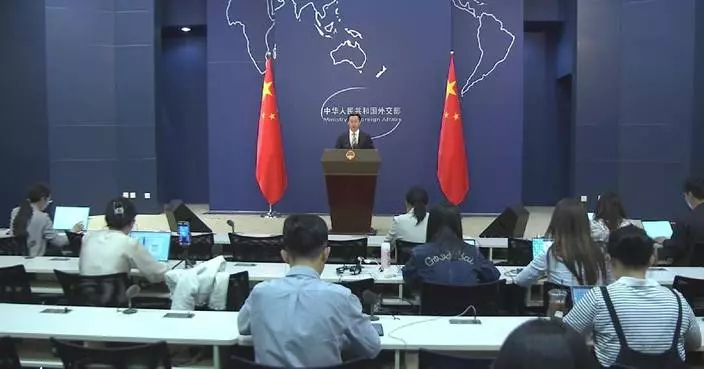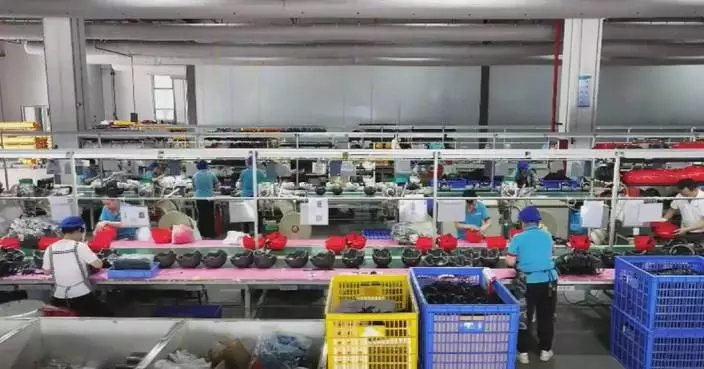China's shipbuilders are working at full steam to construct the country's second homegrown large cruise ship, Adora Flora City, to ensure its on-time delivery and entry into operation by the end of 2026.
Compared with its predecessor, Adora Magic City, the gross tonnage of the new cruise ship will increase by 6,400 tons, reaching 141,900 tons in total, while its length will increase by 17.4 meters, measuring 341 meters.
The cruise ship will boast 2,144 guest rooms, 19 more than that on Adora Magic City, and be able to accommodate 5,232 guests.
It will also feature a 16-story living and entertainment facility, including performing, dining, drinking, shopping and recreation areas.
Although it represents a significant upscaling over its predecessor, the construction period for Adora Flora City is planned to be reduced by eight months compared to Adora Magic City.
The builders leveraged extensive data gathered during the building of the first cruise ship to create a 3D model, which has significantly improved their work efficiency throughout the project.
"Our construction team has withstood the pressure and addressed challenging technical issues one by one. More than 4,000 people are working on the ship simultaneously, dedicating day and night to turning the impossible into possible," said Wei Shengsheng, deputy director of the Cruise Ship Project Department of Shanghai Waigaoqiao Shipbuilding Co., Ltd.
The supply chain also poses a challenge for the ship's construction. Building a large cruise ship requires a general assembly plant, about 100 subcontractors and about 1,500 supporting companies providing various raw materials, equipment and technical support.
"In the past, only a few shipyards in Europe can build an entire cruise ship, which means the supply chain was basically based in Europe. If all components were imported, the production cycle and cost would be uncontrollable. Therefore, we must establish our own independent and controllable supply chain," said Wang Zhangjian, president of Shanghai Waigaoqiao Marine Design and Research Institute.
As of January 1, 2025, Adora Magic City has been in commercial operation for a full year, carrying over 600,000 domestic and international guests, and completing 84 round-trip voyages from Shanghai to Japan and South Korea.
Adora Flora City is expected to set sail at the Nansha Port in Guangzhou City of south China’s Guangdong Province by the end of 2026.
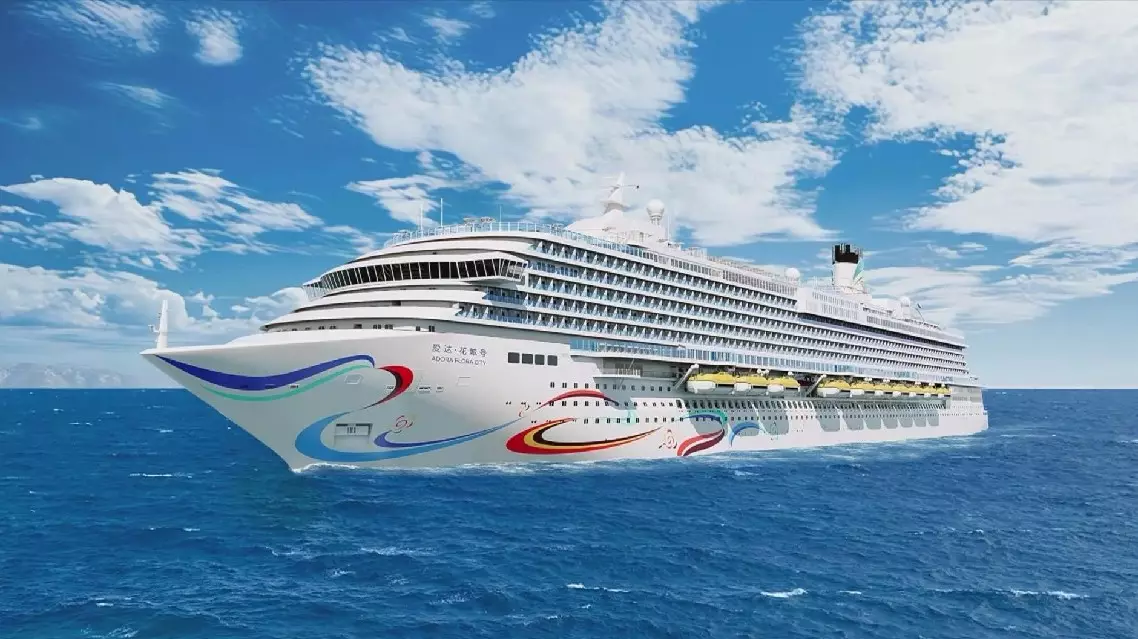
Construction of China's 2nd homegrown large cruise ship at full steam
The U.S. Department of Commerce has issued new guidance declaring that the use of Huawei's Ascend AI chips "anywhere in the world" may violate U.S. export control regulations.
The statement, released by the department's Bureau of Industry and Security on Tuesday, explicitly warns of the potential consequences of enabling U.S.-origin "AI chips to be used in training or inference for Chinese AI models."
In response to the statement, the Chinese Ministry of Commerce vowed on Thursday to take resolute measures to safeguard the legitimate rights and interests of Chinese enterprises.
While the move aligns with Washington's broader strategy to curb China's access to advanced semiconductor technologies, it also underscores a deeper anxiety: the fear of losing its global leadership in artificial intelligence.
NVIDIA CEO Jensen Huang said that China is "not behind" the U.S. in artificial intelligence and called the race in AI development a "long-term, infinite race," as he spoke to reporters at a tech conference in Washington, D.C., last month.
During a recent congressional hearing, U.S. tech leaders, including OpenAI CEO Sam Altman and executives from Microsoft and chipmaker Advanced Micro Devices, testified on Capitol Hill to urge lawmakers to streamline policy for AI-related projects and fundraising in order to race against China in AI development.
The latest guideline follows a period of regulatory volatility. After walking back the previously announced "AI Diffusion Rule" from the Biden administration, the U.S. has now pivoted toward this more aggressive interpretation – a shift that highlights the inherent difficulties in enforcing such extraterritorial bans.
Convincing sovereign nations to follow U.S. law, particularly when it limits their own tech development, poses significant diplomatic and operational challenges.
"The Trump administration will pursue a bold, inclusive strategy to American AI technology with trusted foreign countries around the world," Tuesday's statement says.
Implementing a global enforcement regime would likely require bilateral negotiations with dozens of countries – a time-consuming and politically fraught process that risks diminishing returns.
In practice, these efforts may only reinforce China's determination to achieve technological self-sufficiency. Huawei's trajectory stands as a case in point.
Since coming under U.S. sanctions in 2019, the company has made notable advances in AI and chip development. Most recently, the company invited select Chinese tech companies to test its most powerful processor yet, the Ascend 910D, the Wall Street Journal reported, citing sources familiar with the matter. The chip is expected to rival – or even surpass – Nvidia's H100 in performance.
If such innovation continues to emerge under pressure, Washington may need to ask itself: Is the goal to contain China or to compel it to innovate faster?
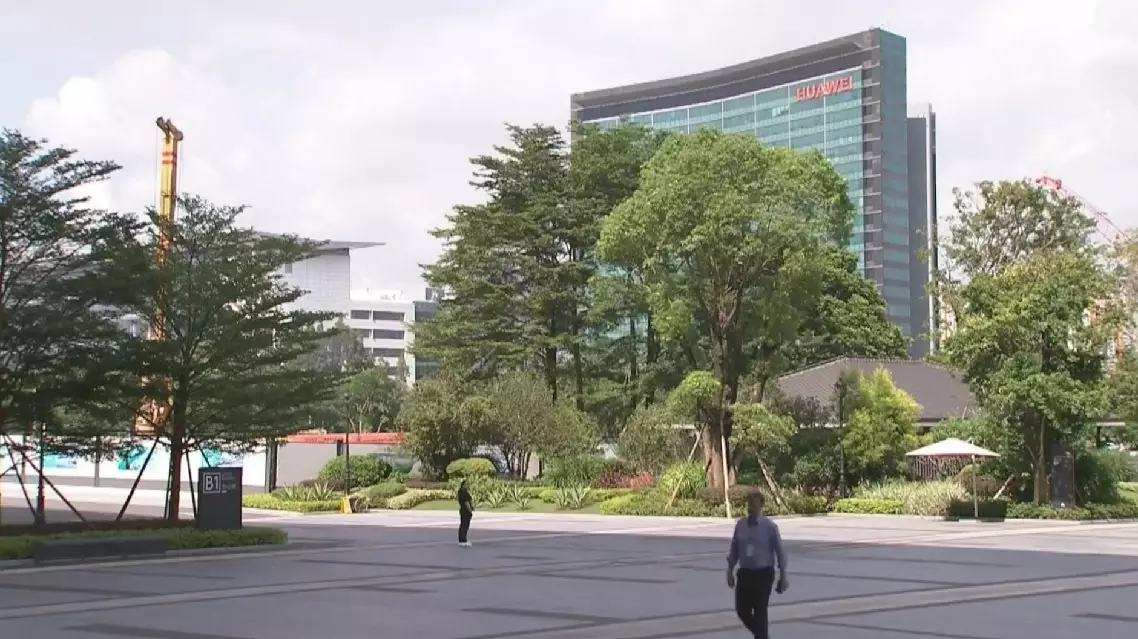
New US guidance on Huawei chip usage reveals deeper fears, tougher realities



